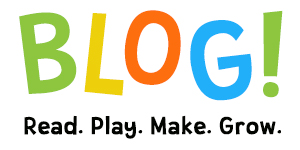-
Get Coding with These 5 Books!
Have you always wanted to make your own video game or website, but you don't know where to start? Don't worry, that's what I'm here for!
Here are five kid-friendly books on coding, featuring step-by-step instructions to get you started.
All of these books (and more!) are available at the Barrington Area Library.
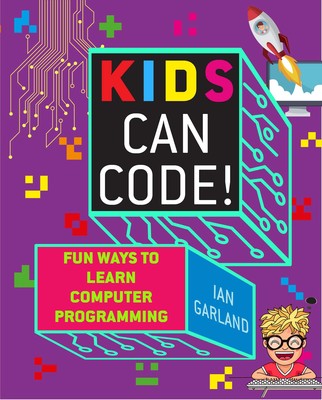
Kids Can Code! Fun Ways to Learn Computer Programming
Ian GarlandThis guide is chock full of fun activities that will help you make your own blog, design a video game, create an animated video, or even make music. Garland introduces readers to different coding languages and programs, such as JavaScript and Scratch, and explains why one style of coding may be more appropriate for a specific task than the other. The author also includes visual examples so you can compare your work to his, and makes sure to break big ideas into smaller, more manageable components so readers don't get overwhelmed. If you want to dip your toes into a few different coding languages before committing to one, be sure to check out Kids Can Code!
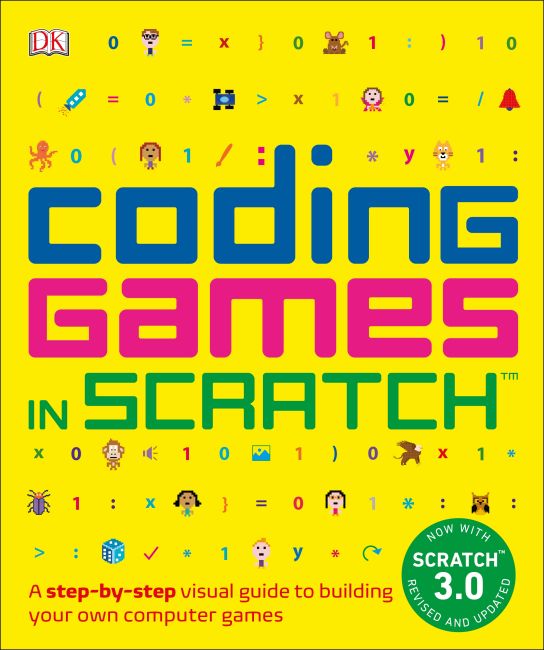
Coding Games in Scratch: A Step-by-Step Visual Guide to Building Your Own Computer Games
Jon WoodcockNow we move on to a specific coding program, Scratch. Scratch is a kid-friendly coding application in which users can link blocks of code in order to perform a specific action: making a cartoon character jump, walk around, speak, etc. In this book, Jon Woodcock shows you how to make your very own video game using Scratch, from platformers to puzzles. Woodcock starts off by talking about computer games generally -- what are they? how are they fun? -- before moving on to specific game styles, as well as explaining the importance of solid game mechanics. This would be a great introduction to coding for anyone interested in video games, whether as a fan or as a future developer.
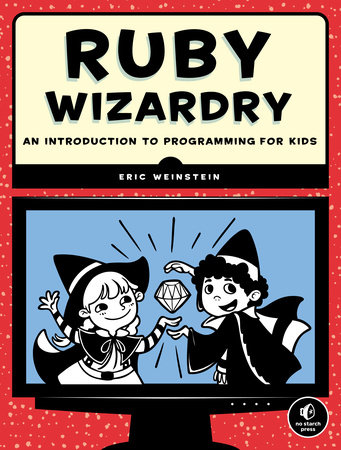
Ruby Wizardry: An Introduction to Programming for Kids
Eric WeinsteinUnlike the first two examples in this article, Eric Weinstein's Ruby Wizardry mostly centers around learning a coding language for the sake of coding, not just for video game design, animation, etc. This comprehensive introduction to the Ruby programming language includes real life applications, step-by-step guides, and personal anecdotes from the author. Please note that unlike Scratch, Ruby must first be downloaded onto your computer -- so kids, make sure you have your parents' permission! -- but Weinstein helpfully walks you through the installation process. This book does not contain as many graphics as the previous two. Recommended for readers grades 5 and up.
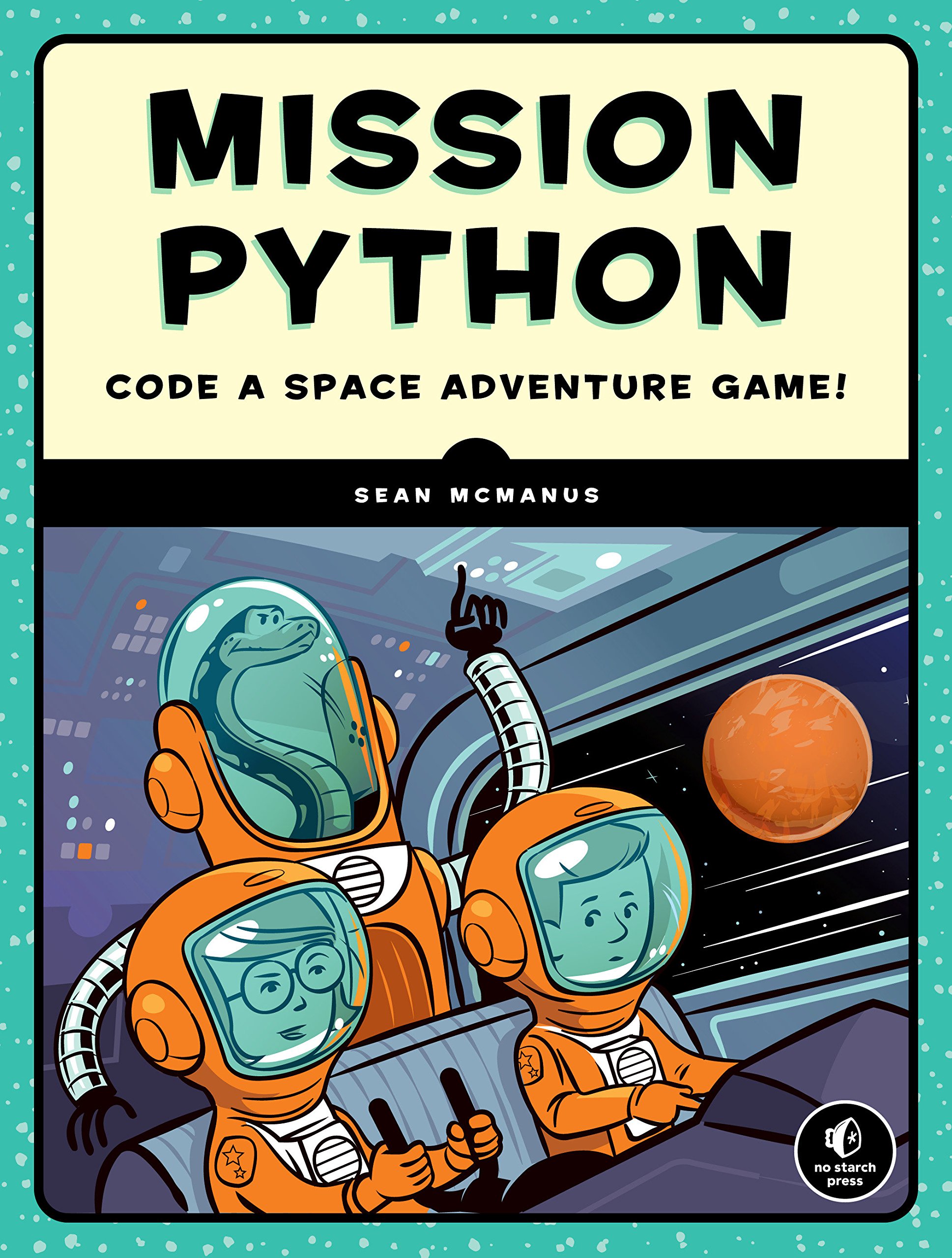
Mission Python: Code a Space Adventure Game!
Sean McManusMcManus walks readers through the basics of the Python coding language, from installation to application. After readers/coders have grown comfortable with the ins and outs of Python, McManus shows them how to build their own video game from the ground up. Like Ruby Wizardry, this book contains some pretty intensive coding work. Recommended for readers grades 5 and up.
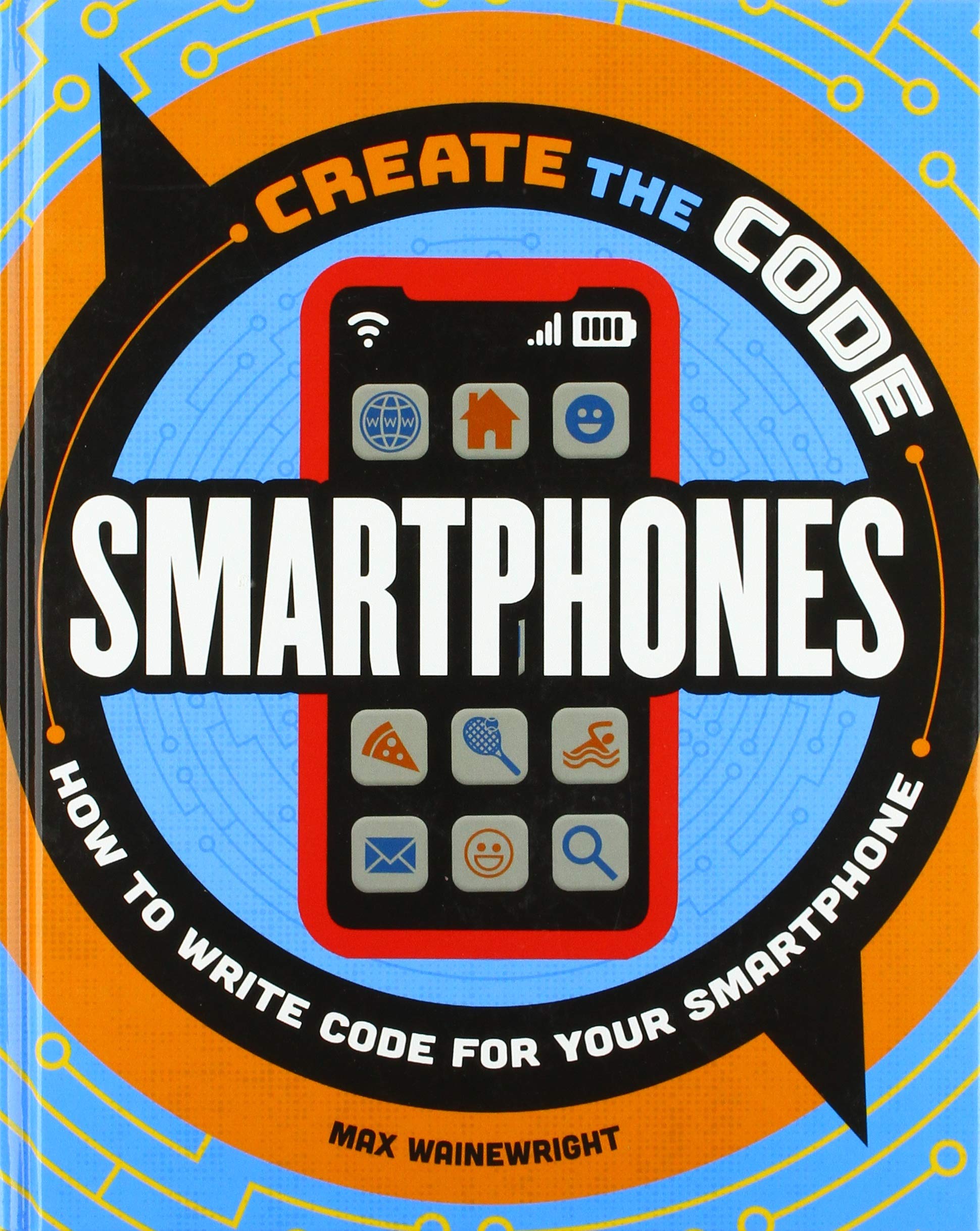
Create the Code: How to Write Code for Your Smartphone
Max WainewrightOur previous titles focused on computer programming, but let's take a look at smartphone programming. In this kid-friendly how-to guide, Max Wainewright shows readers how to program applications for smartphones using Scratch and MIT's App Inventor. Kids will learn how to program using the phone's browser, as well as create apps and even new photo filters! Please note that this book is primarily intended for Android users, but contains modified instructions for iPhone users.
Looking for more recommendations? Fill out our form to get a custom list of reads or a Book Bundle for pickup.
 Youth Services Librarian Chris
Youth Services Librarian Chris

